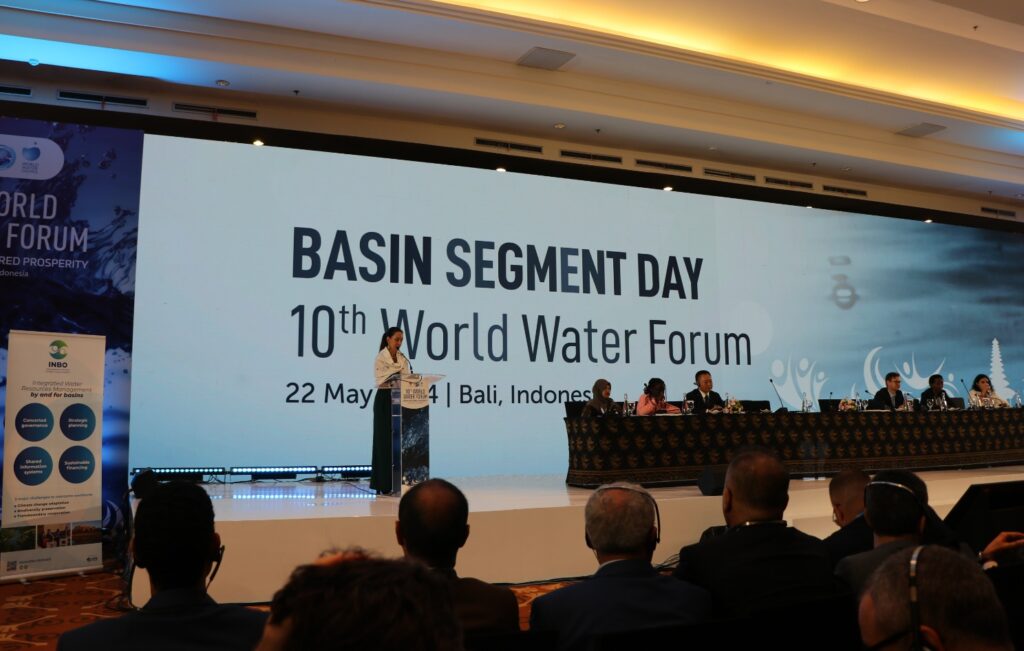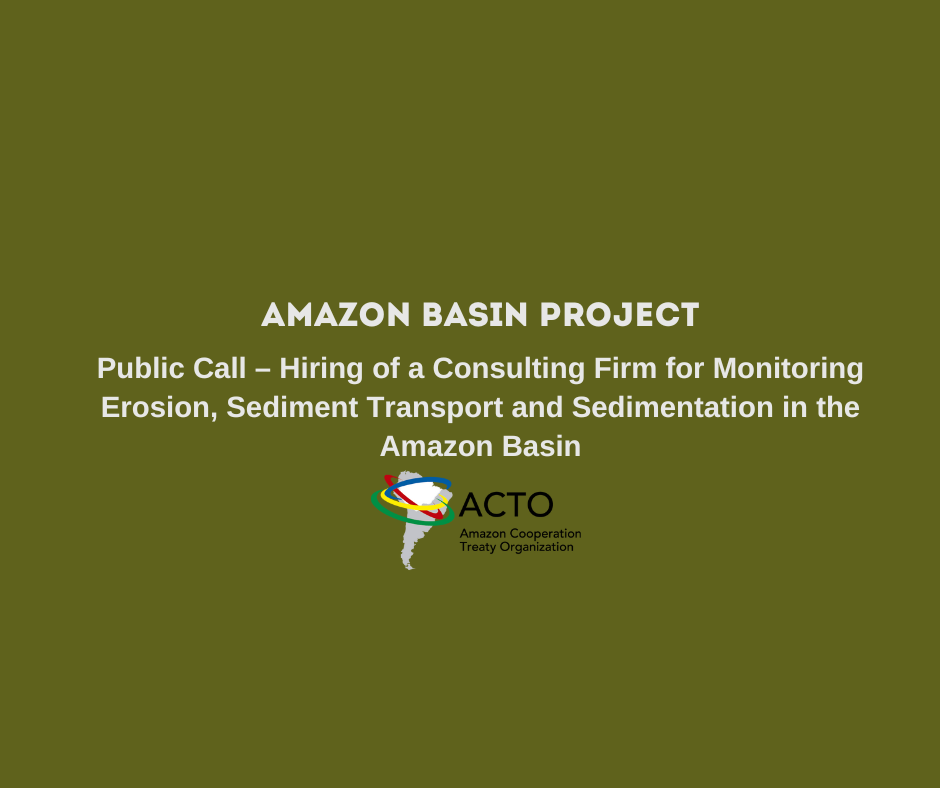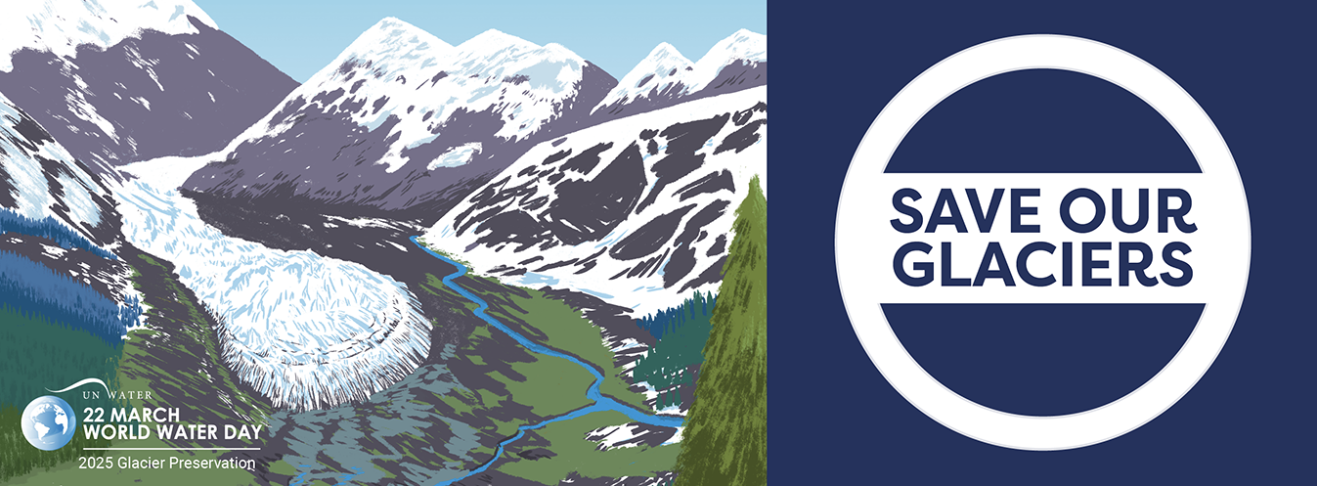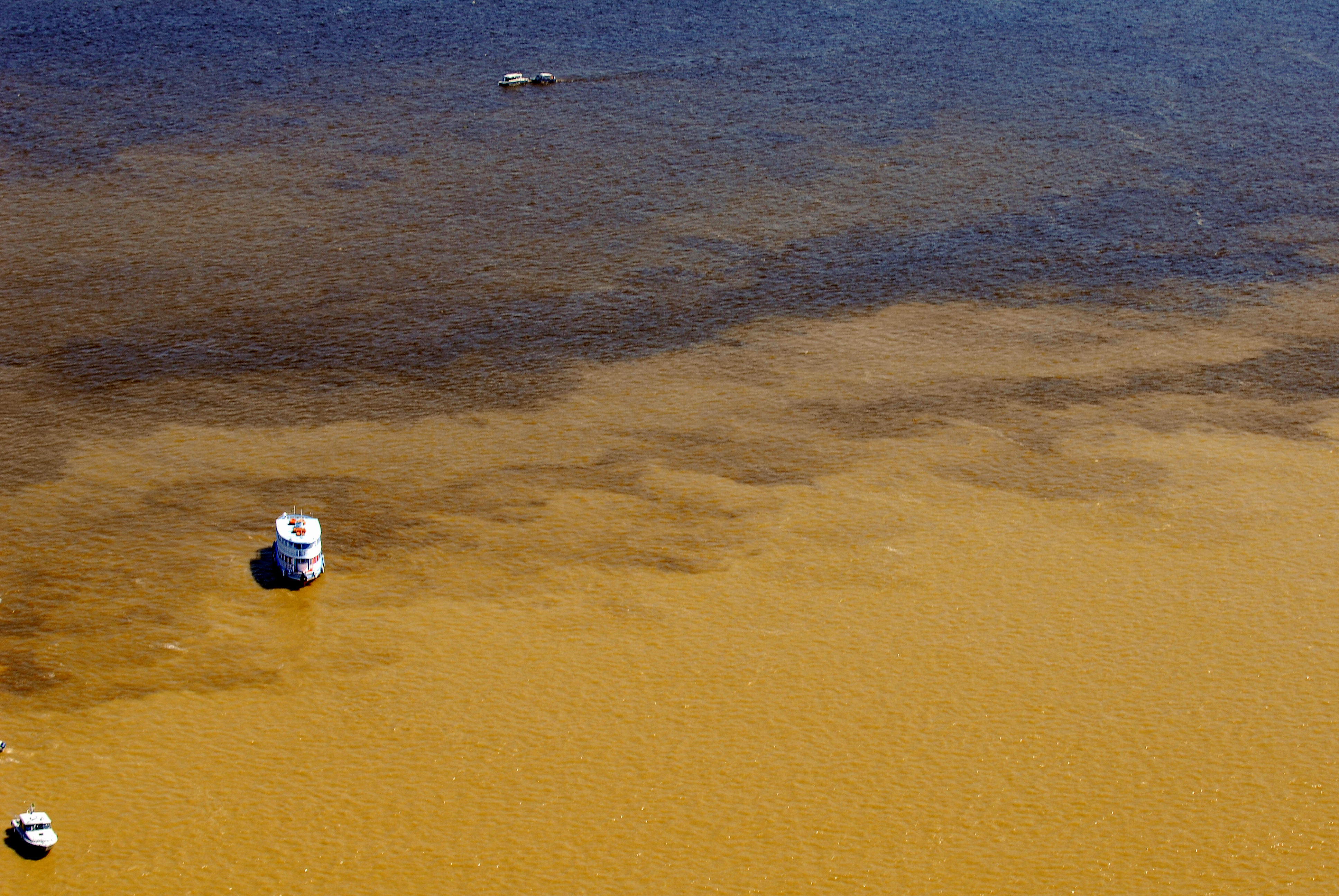During the week of May 20-24, when the 10th World Water Forum (WWF) was held in Bali-Indonesia with the theme Water for Peace and Prosperity, the Administrative Director of the Permanent Secretariat of ACTO, Edith Paredes, carried out an intense work schedule at official and parallel events to present to the public ACTO’s efforts to promote shared management of the Amazon Basin’s water resources among its Member Countries.
In WWF’s political segment dedicated to basins, Paredes presented, at the invitation of the International Network of Basin Organizations (INBO-RIOB), the Amazon Basin Project – Implementation of the Strategic Action Program (SAP) for the Integrated Management of the Amazon Basin, carried out by ACTO since 2021, with implementation by the United Nations Environment Program (UNEP) and funding from the Global Environment Facility (GEF). In two High-Level Sessions, she focused on the theme of democratic and participatory water governance and the “source to sea” approach adopted in SAP actions.

At the first High Level Session, she highlighted ACTO’s role in promoting political, technical, scientific and financial cooperation between countries, facilitating dialogue, reducing regional asymmetries and establishing multilateral agreements for the sustainable development of the Amazon. With regard to cooperation for the integrated management of Amazonian waters, Paredes underlined the importance of the Amazon Network of Water Authorities (ANWA), created in 2023 by decision of the presidents and authorities present at the Amazon Summit and ratified in the Belém Declaration.
“RADA has the important mission of strengthening cooperation and mutual support in the management of water resources in the Amazon Region, guaranteeing people’s right to drinking water and the revitalization, conservation and protection of water sources,” she emphasized.
On the subject of water governance, addressed at the second High Level Session of INBO-RIOB, the director explained that “the model being implemented by ACTO and its Member Countries is innovative in nature and is geared towards institutional strengthening at national and regional level in order to establish efficient and effective water governance, from the community to the government, leading to improved basin management, improved state of ecosystems and people’s livelihoods”.
The vision and strategy established by ACTO for Integrated Water Resources Management (IWRM) in the Amazon, with emphasis on the Network Module of the Amazon Regional Observatory (ARO), were the themes of director Edith Paredes’ talk at the event on the relevance of data sharing in water governance, promoted by OIAGUA on Tuesday 21st.
Paredes emphasized the importance of the ARO Network Module in the decision-making process by countries to avoid the consequences of extreme weather phenomena, as well as the spread of diseases and pollution of the river environment. “This monitoring system provides essential data on rainfall, river levels and flows and the quality of Amazonian waters, detecting the occurrence of critical hydrological events, such as floods and droughts, and facilitating the implementation of mitigation measures,” he said.
Cooperation and peace for water in South America – Perspectives for the Guarani, the Amazon and the La Plata Basin was the theme of the session organized by Unesco, in which director Edith Paredes, speaking about the PAE, drew attention to the centrality of water in the lives of Amazonian populations and for the sustainability of ecosystems, adding that “scarcity and unequal access to water can cause tensions and conflicts, its pollution threatens the health of the population and the planet and its abundance has the power to destroy.” He concluded: “Sustainable, participatory and equitable water management, involving all levels of society and government, sectors and countries, is a catalyst for peace, justice and prosperity.”
On Thursday 23rd, director Edith Paredes took part as a panelist in the session Drinking Water! A challenge for vulnerable communities in Latin America, organized by the Itaipu Binacional hydroelectric company (Brazil-Paraguay). In his presentation, he outlined the guidelines of the Cross-Border Action Plan on Water, Sanitation and Solid Waste for the Amazon, which is being developed by ACTO in partnership with the IDB with the aim of helping to reduce poverty and inequalities in the region in terms of access to these services.
“In the Amazon Region there are profound asymmetries within and between countries, with high levels of inequality, especially in areas exposed to the highest rates of hydroclimatic vulnerability,” said Paredes, referring to the ECLAC and ACTO study entitled ‘Gaps in sociodemographic inequalities in the Amazon Region’, drawn up in 2023 based on data from household surveys.
Paredes concluded his presentation by citing important advances made by ACTO in the development of the Transboundary Action Plan, such as the identification of critical areas where planning efforts should be concentrated to reduce socio-demographic inequalities.
The World Water Forum was also an important space for bilateral meetings between ACTO and different organizations, all aimed at promoting and strengthening partnerships for a more resilient and sustainable Amazon.



